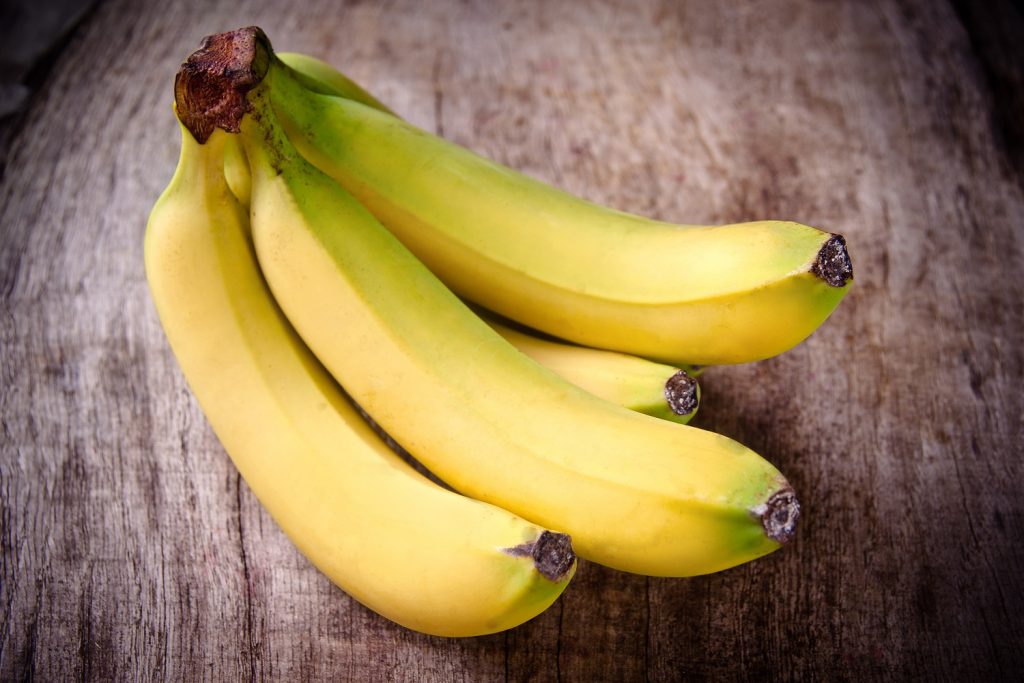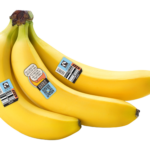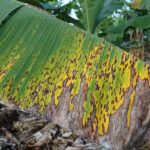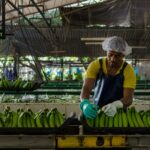EU-Mercosur trade deal increases risk of banana oversupply, says Canary Islands group

The recently announced trade deal between the European Union and Mercosur increases the risk of a banana oversupply in Europe, according to a Canary Islands association.
The major deal between the EU and Mercosur - concerning Argentina, Brazil, Uruguay and Paraguay - was announced in late June, following two decades of talks, and has been welcomed by the agricultural industries in the South American countries.
However, a banana grower association on the Canary Islands - a Spanish archipelago off the coast of northwestern Africa and leading domestic supplier of European bananas - said that the deal could lead to lower market prices.
In a statement, the Association of Banana Producers of the Canaries (Asprocan) said that Brazil produces about seven million tons of bananas a year and that some of the most important multinationals in the banana production and export sectors are in that country.
"The continued fall in the average price of banana imports in the European Union adds a new element of pressure, especially when the agreement doesn't establish the same environmental and social production requirements that European farmers have to comply with to these countries," Asprocan said.
It added that it was not yet clear what tariffs the bananas would be subject to.
However, the association said that sources from the Alliance for the Defense of European Agriculture in Brussels have warned that under the agreement, the Mercosur countries' banana exports will be covered by the preferential tariff conditions from January 2020.
Ecuador, Colombia, Peru, Costa Rica, Panama, El Salvador, Honduras, and Guatemala already enjoy these conditions.
It is possible that the tariff, currently set at €114 (US$128) per metric ton, will be reduced to €75 (US$84) per MT.
Among the Mercosur countries, only Brazil exports bananas to the EU market.
"Even though their export quantities to the EU market are currently small, Brazilian banana production has great agronomic potential and this country, which is one of the main exporters of fresh fruits and vegetables to the European market, has the infrastructure and the necessary experience to increase their exports of bananas," Asprocan stated.
In addition, they added that some of the biggest banana multinationals have operations in Brazil.
Brazil produced 6.6 million MT of bananas in 2017 and its production has experienced a slight decrease since 2011 when it produced 7.3 million MT.
Meanwhile, Argentina produced 175,000MT of bananas in 2017, Paraguay produced 72,000MT, and Uruguay does not produce the fruit.












































